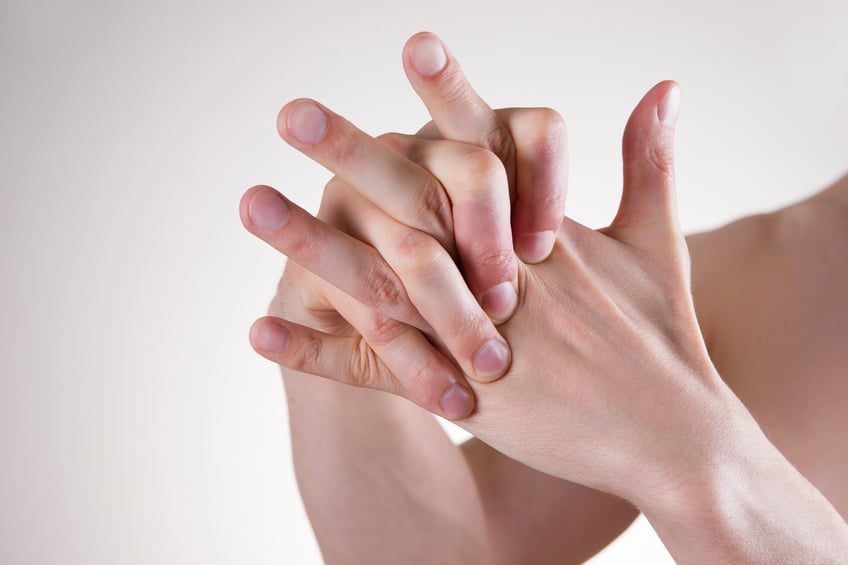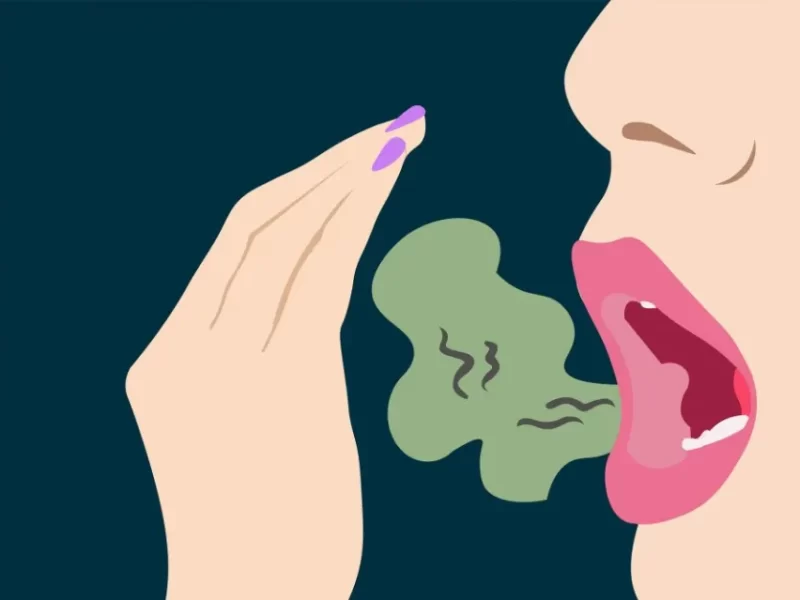There are many reasons why people find comfort in cracking their knuckles, including anxiety, restlessness, or just pure pleasure. What about arthritis, though? The quick response is no. Here is why.
Although cracking your knuckles may irritate those around you, it is unlikely to increase your risk of developing arthritis. This is the finding of several studies that compared the prevalence of hand arthritis in knuckle-cracking habitual users and non-knuckle-cracking individuals.
What Happens When You Crack Your Knuckles?
A medical mystery is a need to pop your joints. Nobody truly understands the meaning or purpose of this phenomenon. However, the mechanisms underlying joint cracking are well known. A joint is an area where two bones meet.
A skeleton that can bend and move freely is created by the approximately 360 joints that connect bones in the human body.
A membrane that is fluid-filled surrounds joints. The membrane protects the bone caps from wear and tear caused by friction as you move. Negative space is produced when you pull on a joint while trying to pop it, and this space draws some fluid with it. The influx of that fluid is what causes that popping sound, which makes Mom cringe.
Will Cracking Your Knuckles Cause Arthritis?
No proof exists that knuckle cracking contributes to arthritis, according to the Department of Orthopedics. However, repeatedly cracking your knuckles may cause temporary soreness in the joint. The joints between your hands and fingers are known as knuckles.

Synovial fluid, a viscous, thick liquid, surrounds and lubricates these joints. The joint’s bones are pulled apart when you crack your knuckles. A gas bubble develops in the joint as a result of this.
The adhesive seal in the joint is breaking, which causes the cracking or popping sound you hear.
The joints’ cushioning and protective coating deteriorate from frequent knuckle cracking. Thus, individuals who already have osteoarthritis, which is brought on by the destruction of cartilage in the joints, run the risk of making their symptoms worse by frequently cracking their knuckles.
However, cracking your knuckles plays no role in rheumatoid arthritis, which is caused when a person’s own immune system attacks their joints.
You Might Also Like: Can An Injury Cause Arthritis?
When Popping is a Problem?
It is more the other accompanying symptoms that determine whether cracking or popping in your toes is a problem. The term “arthritis” is used to describe a wide range of joint issues. There is some commonality of symptoms, however, including:
- Pain that worsens with activity
- Stiffness
- Joint swelling
- Limited range of motion in a joint
- Redness around the joint
- difficulty walking and carrying weight.
- The joint is warm to the touch.
Your podiatrist should assess any of these symptoms, even if they come and go. As some types of arthritis are inherited, the foot doctor will ask you for a thorough medical history. Additionally, the podiatrist will inquire about your symptoms and way of life.
Is Joint Cracking Harmful?
A good news/bad news situation is joint cracking. Good news: Joint popping does not lead to arthritis. The bad news is that the ligaments and membranes, a connective tissue that holds the joints together, become loose the more you crack them.
Whether or not that is dangerous is unknown to medical science. Stressing the components that shield your joints is something you should avoid, according to common sense.
It’s also a habit to crack your knuckles and other joints. The more you practice that behavior, the more likely it is that the urge to do it will win out over reason. A joint that is difficult to pop may be pushed too far, resulting in pain, which is a sign that something is wrong.
Moderation is key here, as it is with most things. Never use too much force or if the joint is painful to crack it. Additionally, breaking is not a cure-all. Ask a doctor what’s wrong if your back hurts and get some relief.



